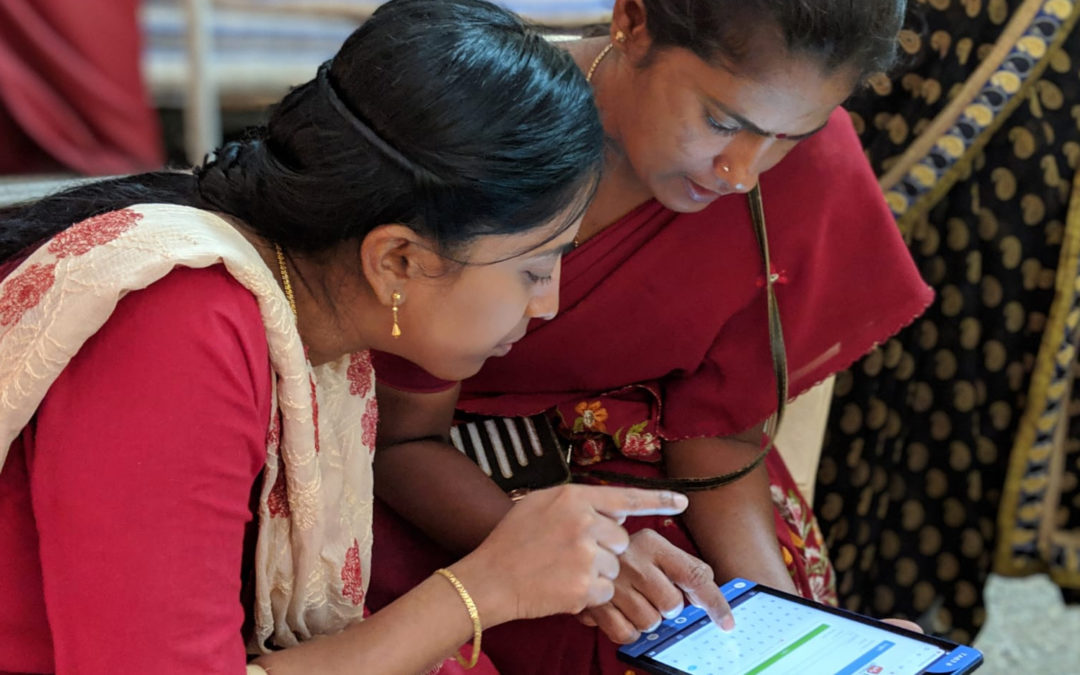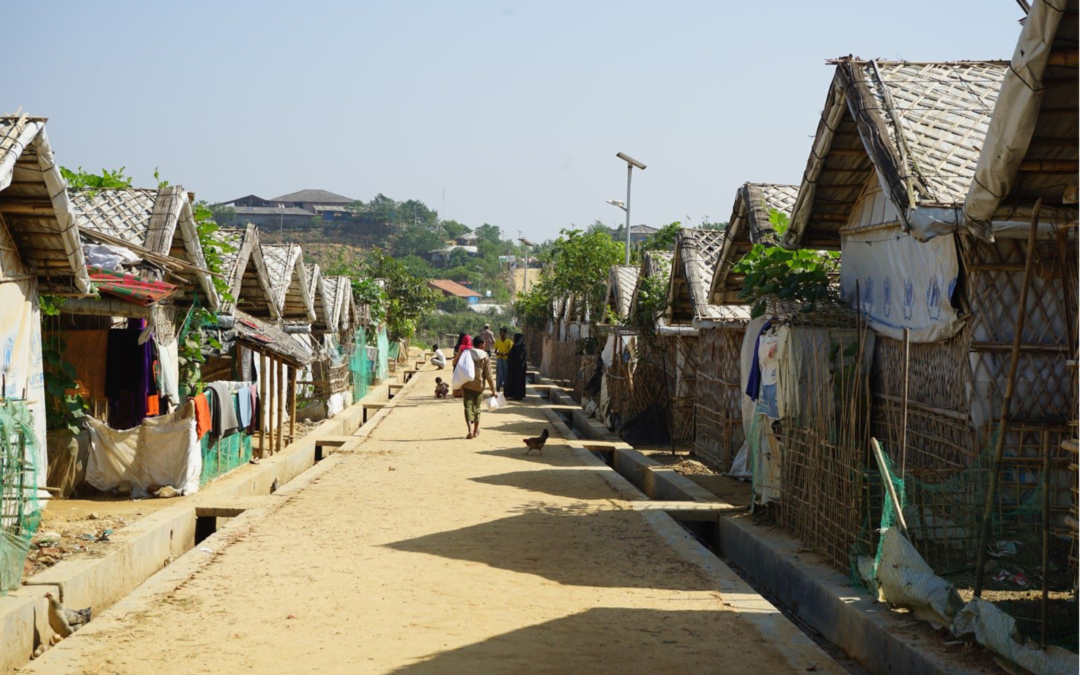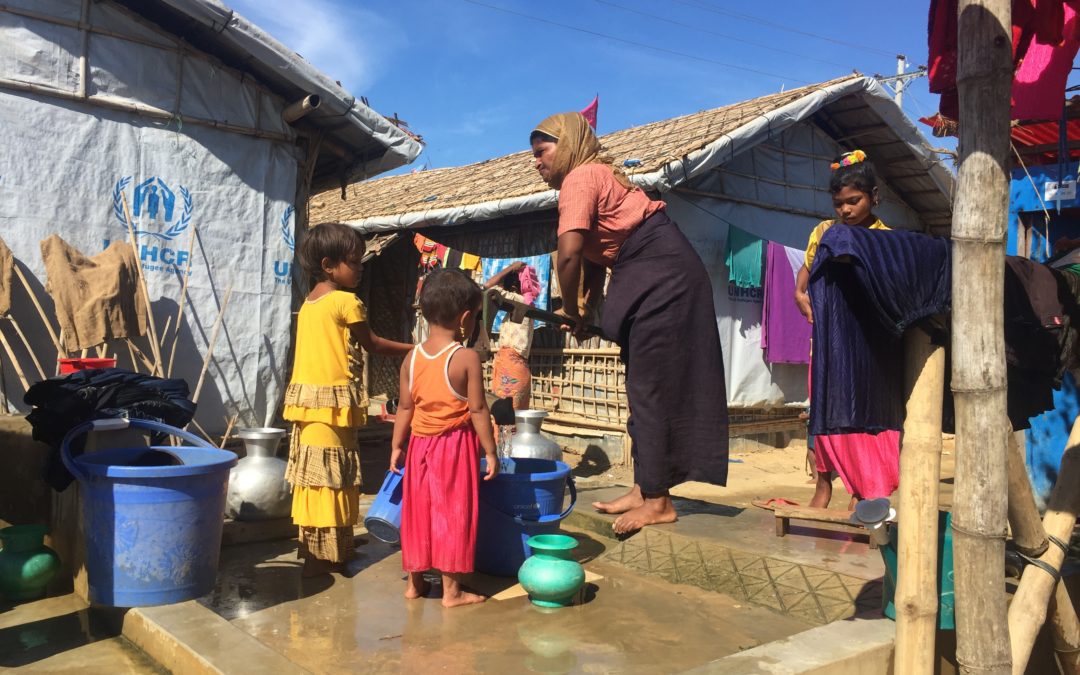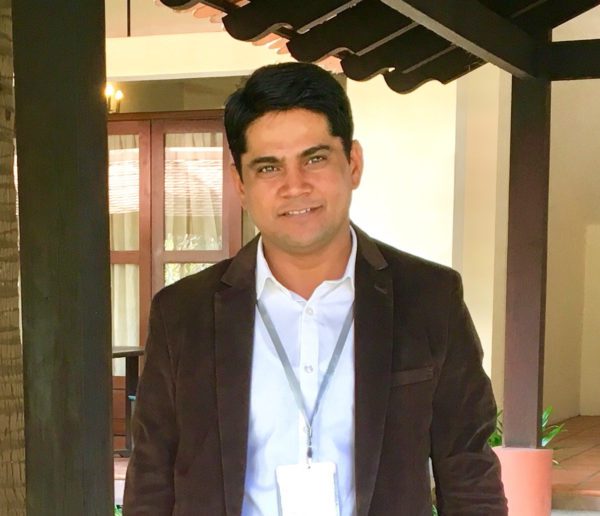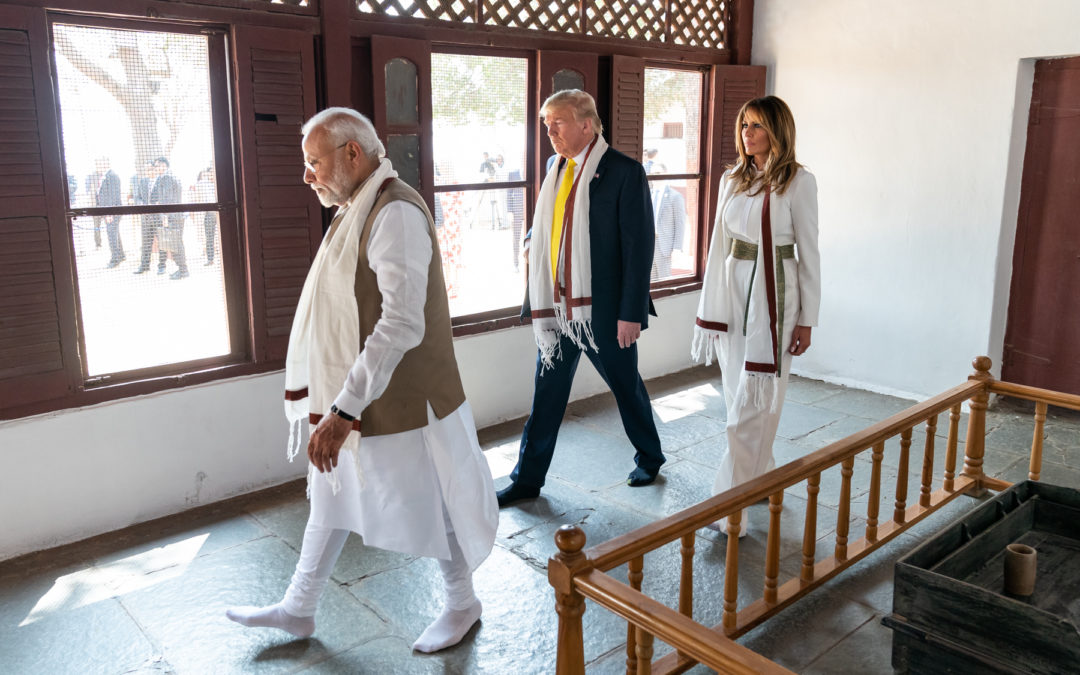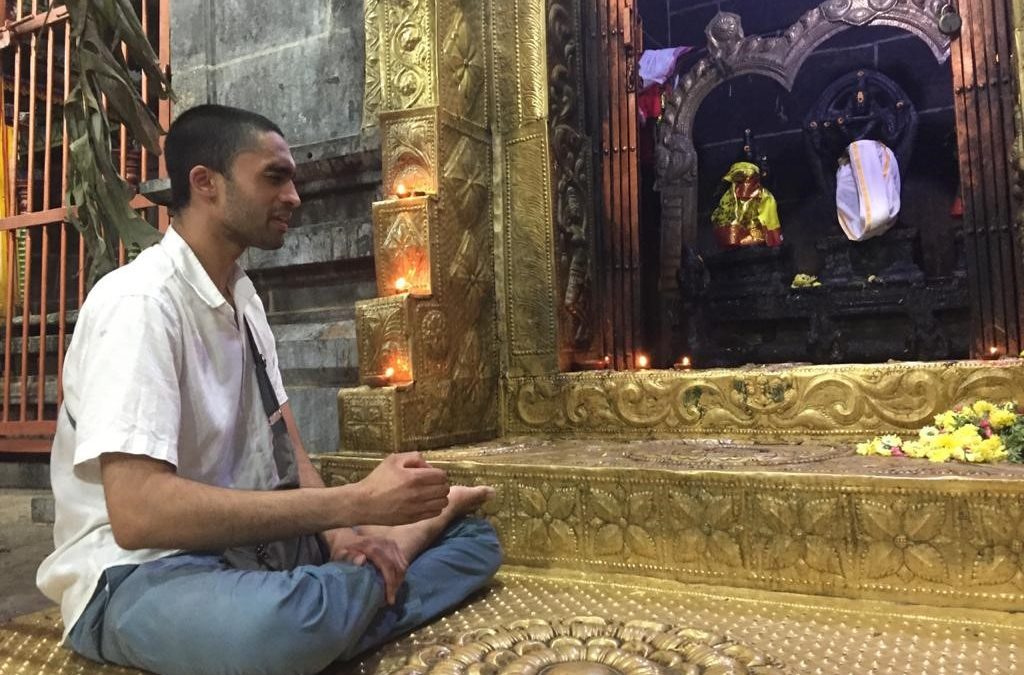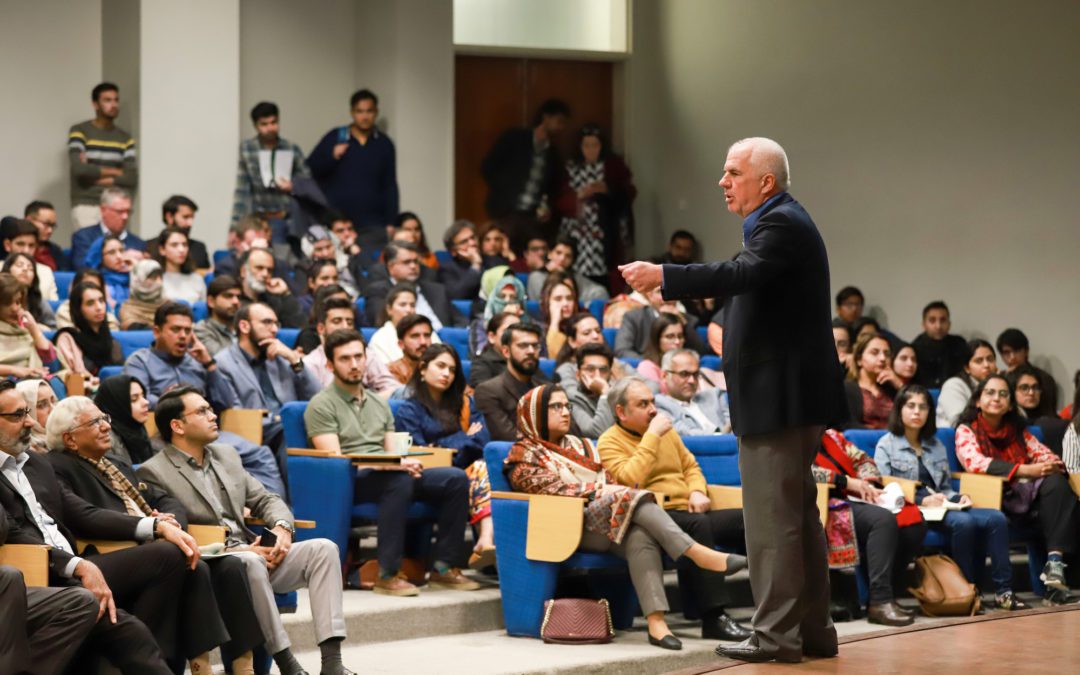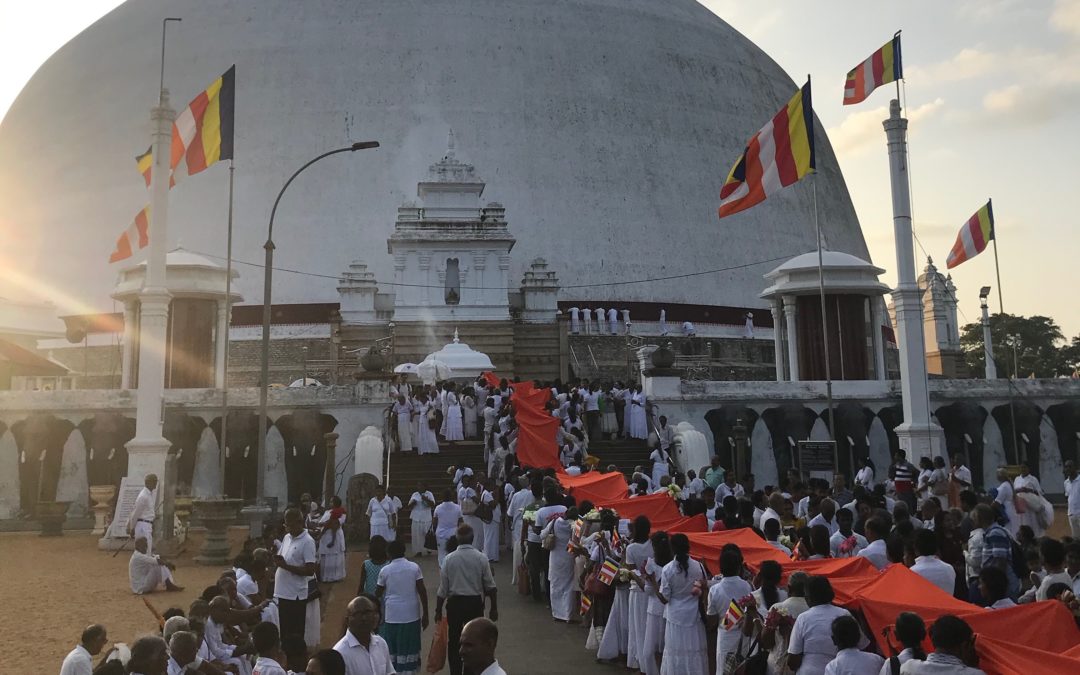Coronavirus (COVID-19) Information for the Mittal Institute Community
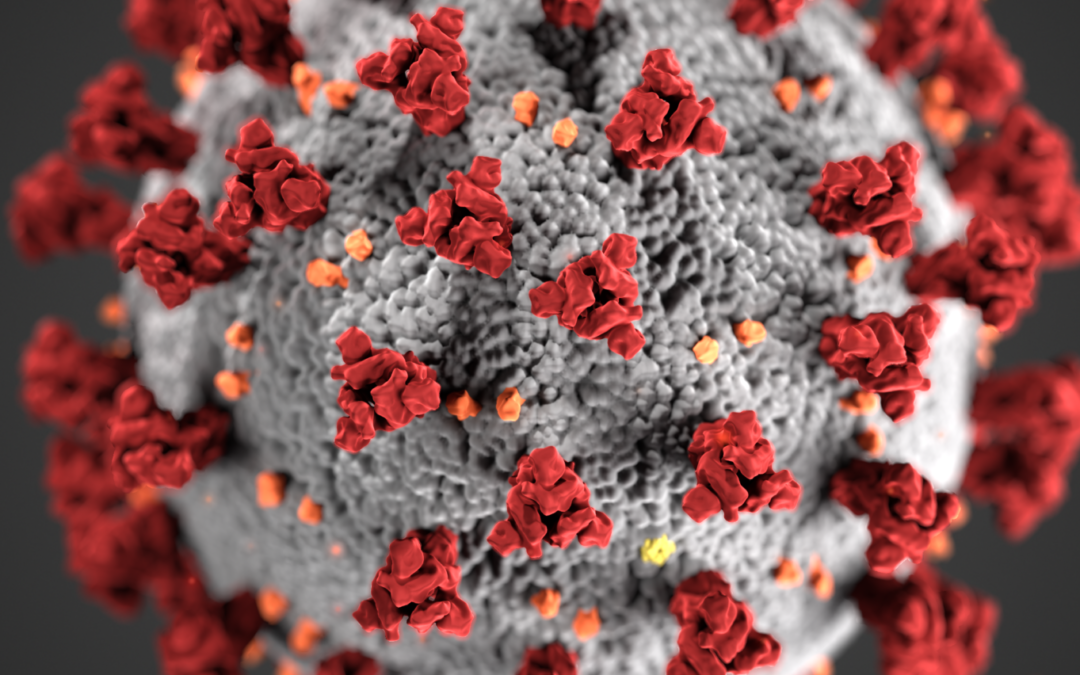
Due to recent developments relating to COVID-19, Harvard University has strongly discouraged the gathering of 25 people or more for on-campus events through April 30th until further notice in the hope that this social distancing measure will limit the opportunity for illness to spread. Unfortunately, the Mittal Institute will need to cancel its events for March and April until instructed otherwise by University Administration. Our top priority remains the health, safety, and wellbeing of our community.


